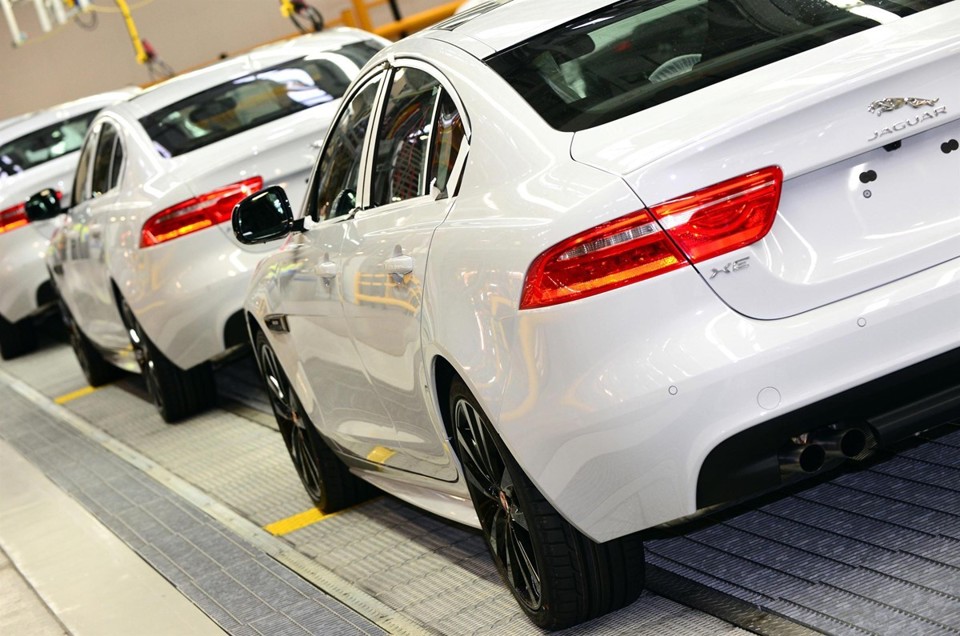Car makers' effort to produce the next generation of cars contributed largely to UK production dipping -27.1% year on year to 59,467 units in March, according to the latest figures published by the Society of Motor Manufacturers and Traders (SMMT).
It was the first fall since August last year but is in line with expectations for a variable year, as manufacturers adjust factories to produce the next generation of cars, notably electric, winding down volumes of existing models in the process.
Mike Hawes, SMMT chief executive, said: “This fall is not unexpected given the wholesale changes taking place within UK car factories as existing models are run out and more plants transition to electric vehicle production.
“We can expect further volatility throughout 2024 as manufacturers lay the foundations for a successful zero emission future.
An early 2024 Easter bank holiday also played a part, with fewer working days this March than the year before.
Volumes for the UK declined marginally, down just -0.3% to 19,995 units, while production for export fell -35.9% to 39,472 units, although more than six in 10 cars made in March were shipped overseas.
Continuing recent trends, the European Union received the bulk of exports (57.9%) followed by the US (11.4%), China (5.9%), Australia (4.0%) and Japan (1.8%). Shipments to the top five export markets, apart from the US, all fell.
Electrified vehicle (battery electric, plug-in hybrid and hybrid) volumes again represented more than a third of all production (38.4%) with manufacturers producing a combined 22,865 units, although this was down -29.7% led by model changeovers.
Overall, UK car production remained up 1.1% in the first quarter, at 222,371 units, with a 33.9% rise in output for the UK offsetting a -7.4% decline in exports. Despite this fall, by far the majority – 72.7% – of all cars made in Britain in Q1 were for export.
Hawes added: “Recent investment announcements have boosted confidence and enhanced the UK’s reputation but there needs to be an unrelenting commitment to competitiveness. Free and fair trade deals must be secured, energy costs reduced and the workforce upskilled if we are to attract further investment to improve productivity and decarbonise automotive manufacturing and its supply chain.”
Responding to the March manufacturing data, Richard Peberdy, UK head of automotive for KPMG, said: “The majority of UK car production has been for export and for increased fleet buying domestically. This fleet buying also includes employee vehicles via salary sacrifice leasing schemes - a sizeable proportion of all electric vehicle sales in the UK right now.
“Consumer new car sales aren’t faring as well so far in 2024 though. Private sales are down, as is EV market share. Car sellers will continue to discount to try and address this. Increasing consumer demand for EVs is particularly important now that car makers are mandated to increase the percentage of zero emission new car registrations annually.”
SMMT said forecasting indicates that UK car and light van production will fall -6.2% to some 940,000 units this year, mainly due to multiple model changeovers, before returning to growth in 2025. Output is anticipated to get back above a million units from 2026 and reach 1.2 million before the end of the decade as more EV production comes on stream across the UK.

















Login to comment
Comments
No comments have been made yet.